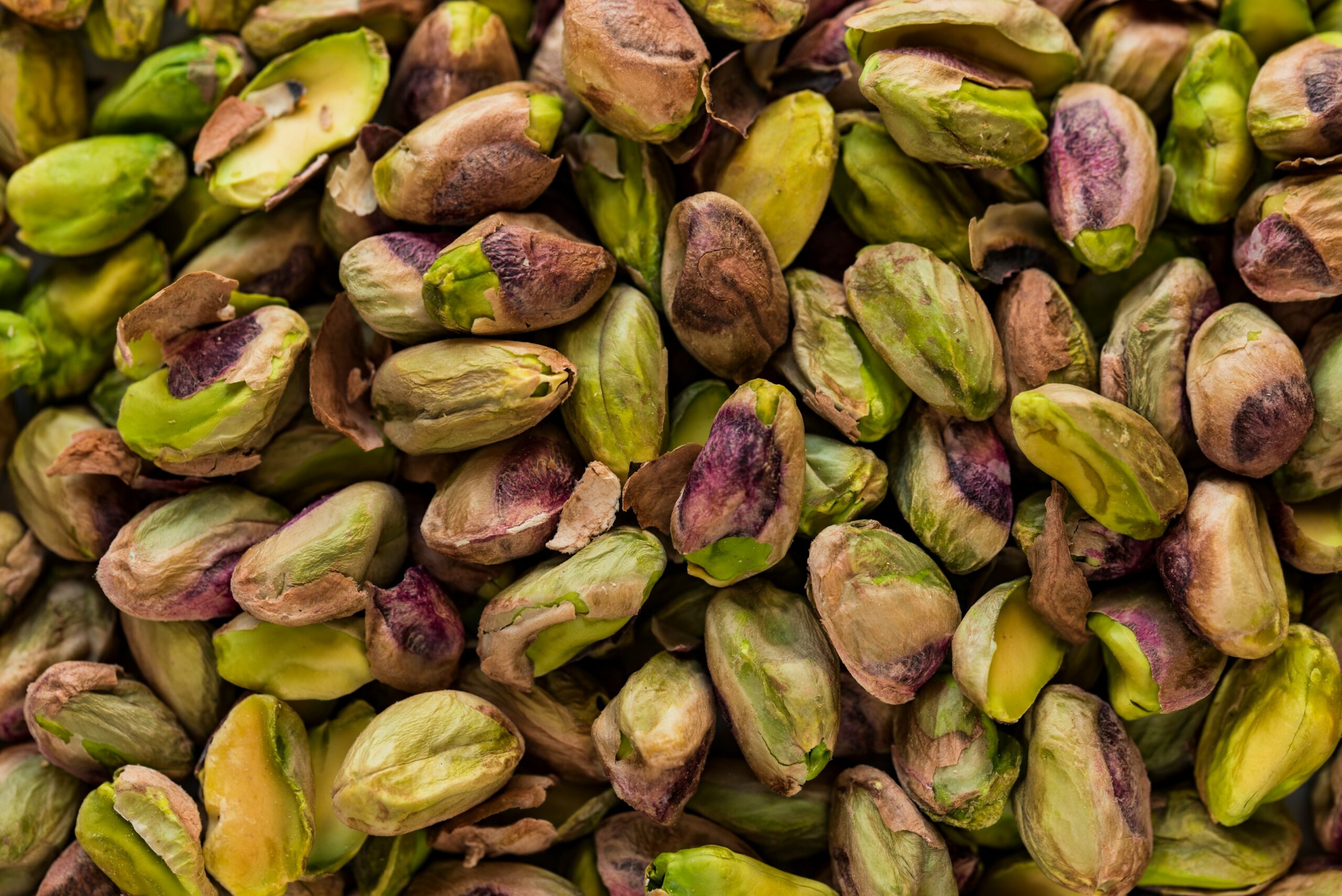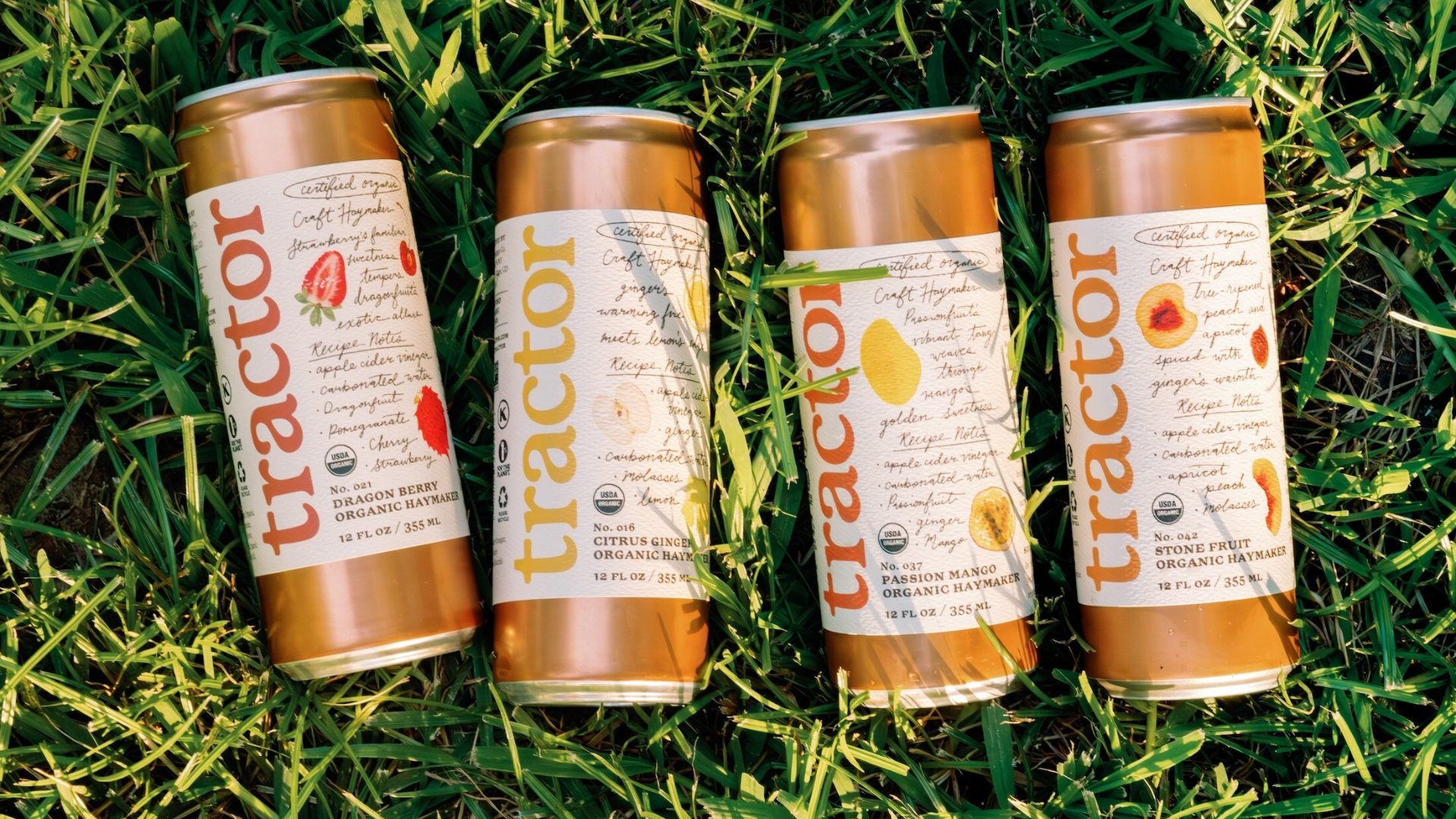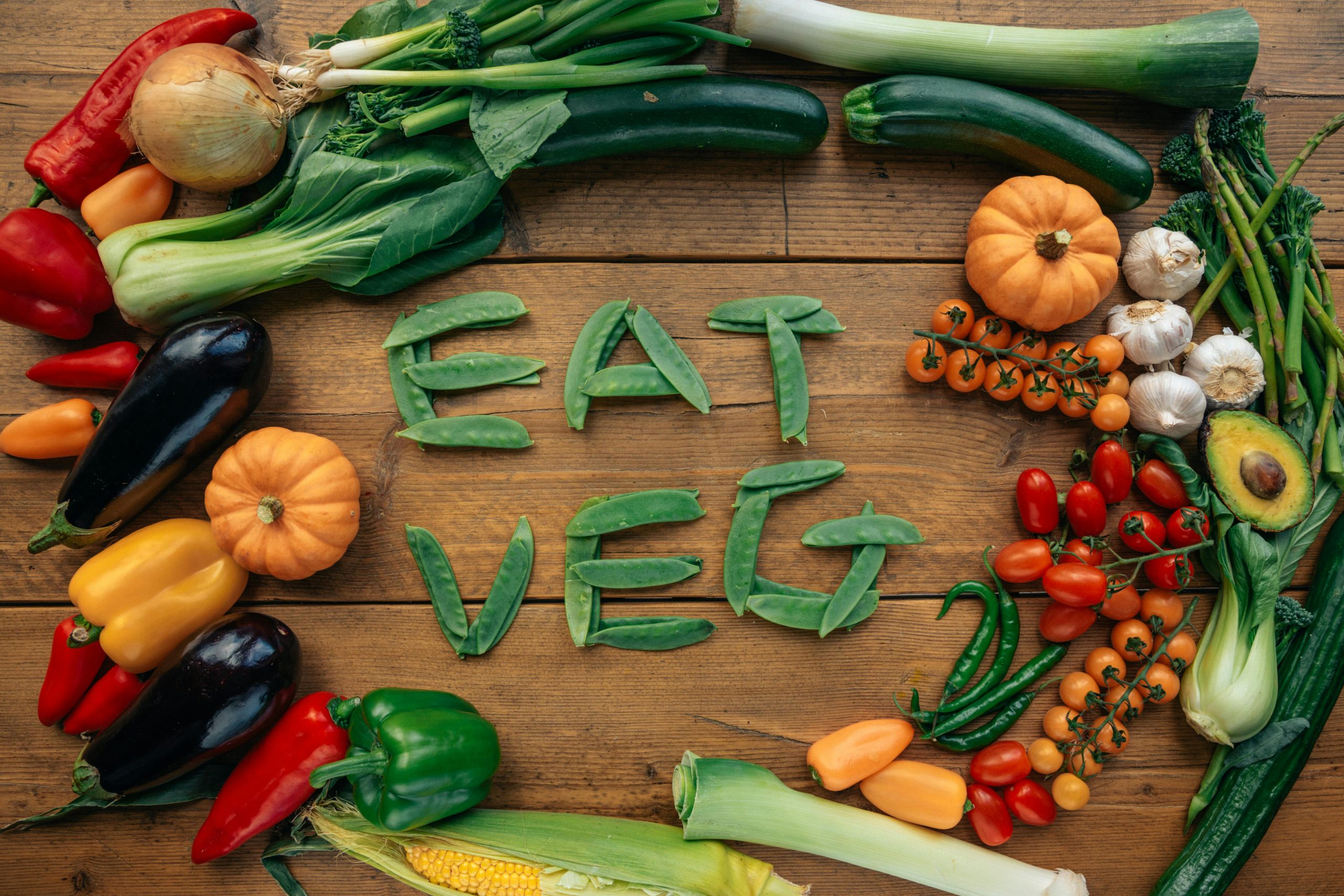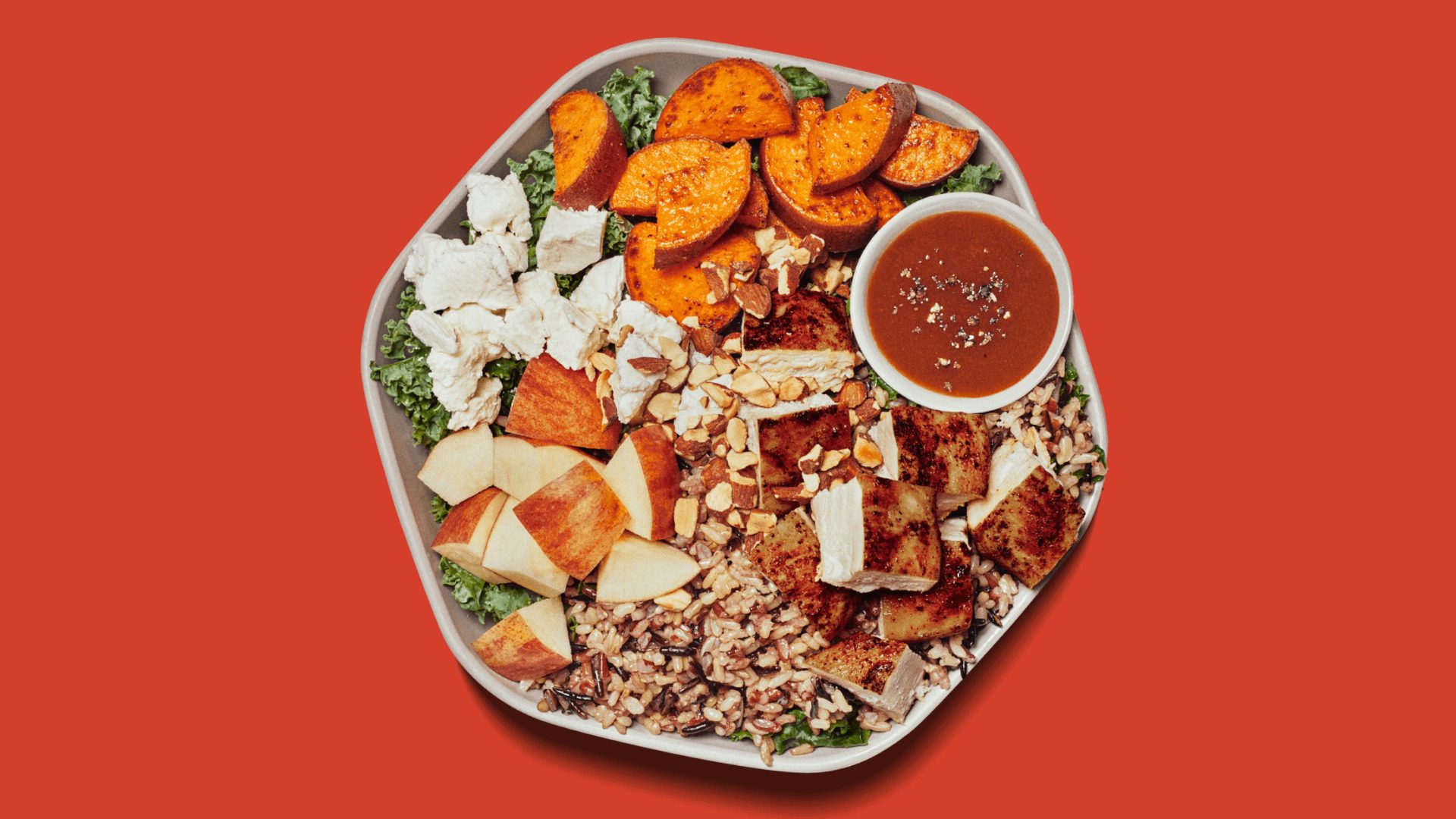There’s more to pistachio nuts than shells that are dyed red and cakes dyed green – and manufacturers, restaurateurs, and grocers are taking notice.
From Starbucks’ pistachio latte to a cream-filled pistachio croissant at Lafayette Grand Café & Bakery in New York, the little green nut’s popularity is growing among those looking for healthier snacks.
Confectionery News reported that a Google trends analysis shows there has been a 60% rise in searches for pistachios since 2019, and the trend platform Tastewise showed that conversations about pistachios grew 10% in the past year along with a 15% increase in interest in the pistachio as an ingredient, positioning product manufacturers, restaurateurs, and grocers to take advantage of this explosive growth.
People have been eating pistachios for at least 300,000 years. The nuts are packed with healthy fats, fiber, and antioxidants. They also contain essential nutrients that help with weight loss and gut health.
“Now is the time to hop on the pistachio train. Everything from pistachio baklava to pistachio lattes is experiencing a surge in popularity,” said Safira Adam, owner of Tiffin and Tea.
“Restaurants should be thinking about introducing mains like pistachio pesto pasta or brunch recipes like pistachio French toast,” Adam told The Food Institute.
Häagen-Dazs marketing director Rachel Jaiven noted that the premium ice cream-maker just released a new flavor made with larger and saltier California pistachios, both in retail stores and at Häagen-Dazs shops nationwide.
An ounce of pistachios – about 49 nuts – contains 159 calories, 8 grams of carbohydrates, 3 grams of fiber, 6 grams of protein, and 13 grams of fat. That same ounce also packs potassium, phosphorus, vitamin B6 (in fact, pistachios are one of the most B6-rich foods around), thiamine, copper, and manganese.
Lenny Chase, CEO at the CPG alternative beverage brand Rasa, said there’s great potential for pistachios to be incorporated to create healthier products.
“Brands can build a strong story about their pistachio-based products by informing consumers about the particular health benefits of pistachios,” Chase said. “When combined with other health-conscious components, this approach can be especially successful in producing a synergistic health message that appeals to consumers who pay close attention to their health.”
The U.S. is the world’s largest producer of pistachios – responsible for 54% of the world crop in 2022 and 2023 – followed by Turkey (27%) and Iran (14%). The nuts also are grown in Syria and Greece.
The Food Institute Podcast
Restaurant results for the second quarter weren’t stellar, but people still need to eat. Are they turning to their refrigerators, or are restaurants still on the menu for consumers? Circana Senior Vice President David Portalatin joined The Food Institute Podcast to discuss the makeup of the current restaurant customer amid a rising trend of home-centricity.











